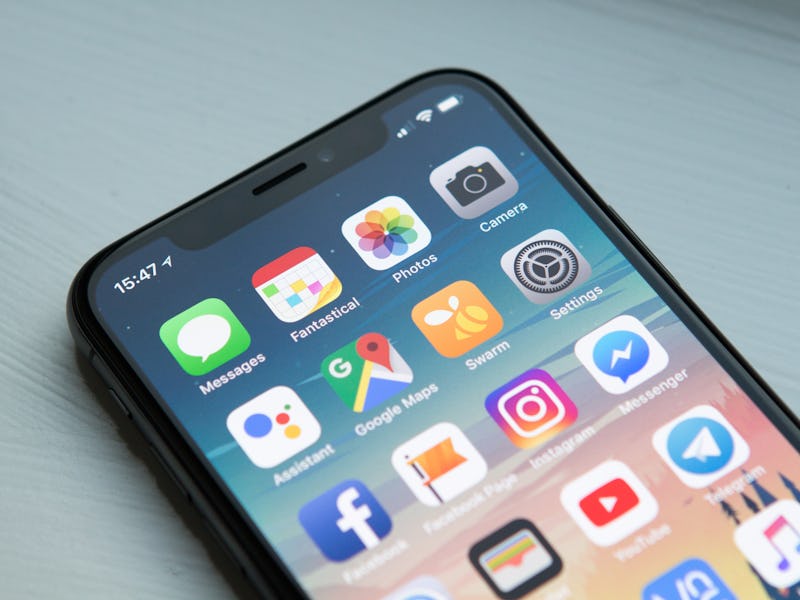A Single Congressman's Quote Explains Why Big Tech Is Getting Scared
A striking and rare political consensus is emerging.

Particularly in today’s partisan times, it is rare to find an issue that we can all agree on. It’s arguably been two years since the last high profile gesture of bipartisanship, and that was notably to block passage of a bill, not to pass something new. But that may be about to change as politicians on the left and the right up for election eagerly tap into broiling anti-tech resentment as a way to curry votes.
This bipartisanship was on full display on Tuesday, when the House Judiciary Subcommittee held the first of a series of hearings about the effect of big technology platforms, this one focused specifically on the problem of fake news and the press. Shortly before recessing, Florida Rep. Matt Gaetz — a not uncontroversial figure! — succinctly articulated why the big tech platforms, specifically Google and Facebook, might have reason to worry.
“We are presented with a historic opportunity here, where right wing populists and left wing populists have joined together … to attempt to change the way that consumers interface with major technology platforms,” Gaetz said. “It truly is historic that we are working together.”
Not everyone on the panel seem to be enthused at the prospect of breaking big platforms up. “Big is not necessarily bad,” noted Georgia Rep. Doug Collins during his opening remarks. But the sea change is palpable. Just ask anyone who attended Recode’s annual Code Conference in Scottsdale, AZ, where tech antitrust and content moderation (or lack thereof) were also the central themes.
Why Both Sides of the Aisle Bash Tech
Politicians don’t typically hitch their wagons to unpopular ideas. While some have argued that the backlash against tech is overblown, often citing largely unchanged user numbers, the backlash against Facebook in particular has been considerable. While Facebook may still be bleeding users, the vast majority of Americans — 74 percent — are re-assessing their relationship with the platform, according to Pew. Nearly a quarter of Pew’s respondents said they had deleted Facebook’s app from their phone.
Perhaps more importantly, the people who do care about tech consolidation care a lot. Even the President, who has long displayed a “light touch” (or, depending on how you look at it, lobbyist friendly) approach to regulation, has floated the idea of cracking down on big tech, recently suggesting the United States should adopt something like the European Union’s General Data Protection Regulation.
“Every week you see them going after Facebook and Apple and all of these companies, that are, you know, great companies but something is going on,” the president said yesterday on CNBC. “But I will say the European Union is suing them all the time. We are going to be looking at them differently. We have a great attorney general, we are going to look at it differently.”
You can check out the full segment below.
Is Breaking Up Tech a Good Idea?
Members of the tech industry would obviously tell you no, that they’re doing just fine and that actually, breaking them up would be a mistake. That was the gist of Instagram chief Adam Mosseri’s comments at Tuesday’s Code Conference, where he essentially argued that moderating Instagram would be too hard without Facebook’s additional resources.
“I just think it’s a terrible idea,” Mosseri said. “If you’re trying to solve election integrity, if you’re trying to approach content issues like hate speech, and you split us off, it would just make it exponentially more difficult — particularly for us at Instagram — to keep us safe.”
As moderator and Verge editor Casey Newton, that seems like circular logic: “You can’t make us smaller, if we were smaller we wouldn’t be big enough to solve all the problems we’re causing,” essentially.
It’s also impossible to disprove a negative, for example whether or not Instagram could moderate its platform without the resources of its parent company. But one thing is for certain: If Facebook and Instagram were broken up, they would soon begin functioning as competitors. If Instagram can’t moderate content on its own right now, an actual viable competitor would give them a much stronger incentive to figure it out.